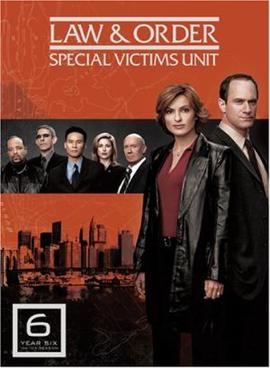The Criminal Defense Lawyer: Three Essential Skills
 Even the hardest working attorneys likely look back on their time in law school as one of the most stressful, difficult periods of their life. It is a tough road, filled with Latin and (of course) legalese. Even those students who have always excelled academically often find themselves struggling in this venerable form of higher education. What it teaches as a practical matter, though, is perhaps secondary to those skills that are inherent to one’s nature. Whether you’re thinking of hiring a criminal defense lawyer, thinking about becoming one in the future, or are simply curious about what it takes to be a good one, here are three essential skills that every attorney in the field should have.
Even the hardest working attorneys likely look back on their time in law school as one of the most stressful, difficult periods of their life. It is a tough road, filled with Latin and (of course) legalese. Even those students who have always excelled academically often find themselves struggling in this venerable form of higher education. What it teaches as a practical matter, though, is perhaps secondary to those skills that are inherent to one’s nature. Whether you’re thinking of hiring a criminal defense lawyer, thinking about becoming one in the future, or are simply curious about what it takes to be a good one, here are three essential skills that every attorney in the field should have.
Ambiguity
A very literal minded person is unlikely to be an excellent criminal defense lawyer. There is too much ambiguity in the law for someone who might appreciate issues that are black and white in nature. The law isn’t like math. There are seldom clear issues of right and wrong. There are shades of gray. This is intentionally designed to introduce flexibility into the legal issues that confront modern society. While a law may seem very clear on the page, it only takes one strange case to throw a wrench into the wording. If this were not so, the Supreme Court would be out of a job. Any attorney must be okay with this ambiguity and be able to work within it.
The Ability to Step Back
As a criminal defense lawyer, you must be passionate for your client. At the same time, however, that passion should not come by conflating your own upbringing and biases with the facts of the case. It’s very easy for a case to become personal. It may be unavoidable in some instances. While that may be, an attorney should never become so entrenched in his beliefs about a client’s guilt or innocence that he fails to see the evidence sitting in front of his face. It is essential to remain dispassionate just when it seems the hardest.
See the Other Side
A good criminal defense lawyer should know almost every argument, objection and cross examination that a prosecutor will make before they make it. They can do this because it is what they would have done. They say that an attorney should never ask a question of a witness in court that they don’t already know the answer to. But that maxim should be taken a step further. They should know what the other side will ask. This helps tremendously in all facets of building a good case.
